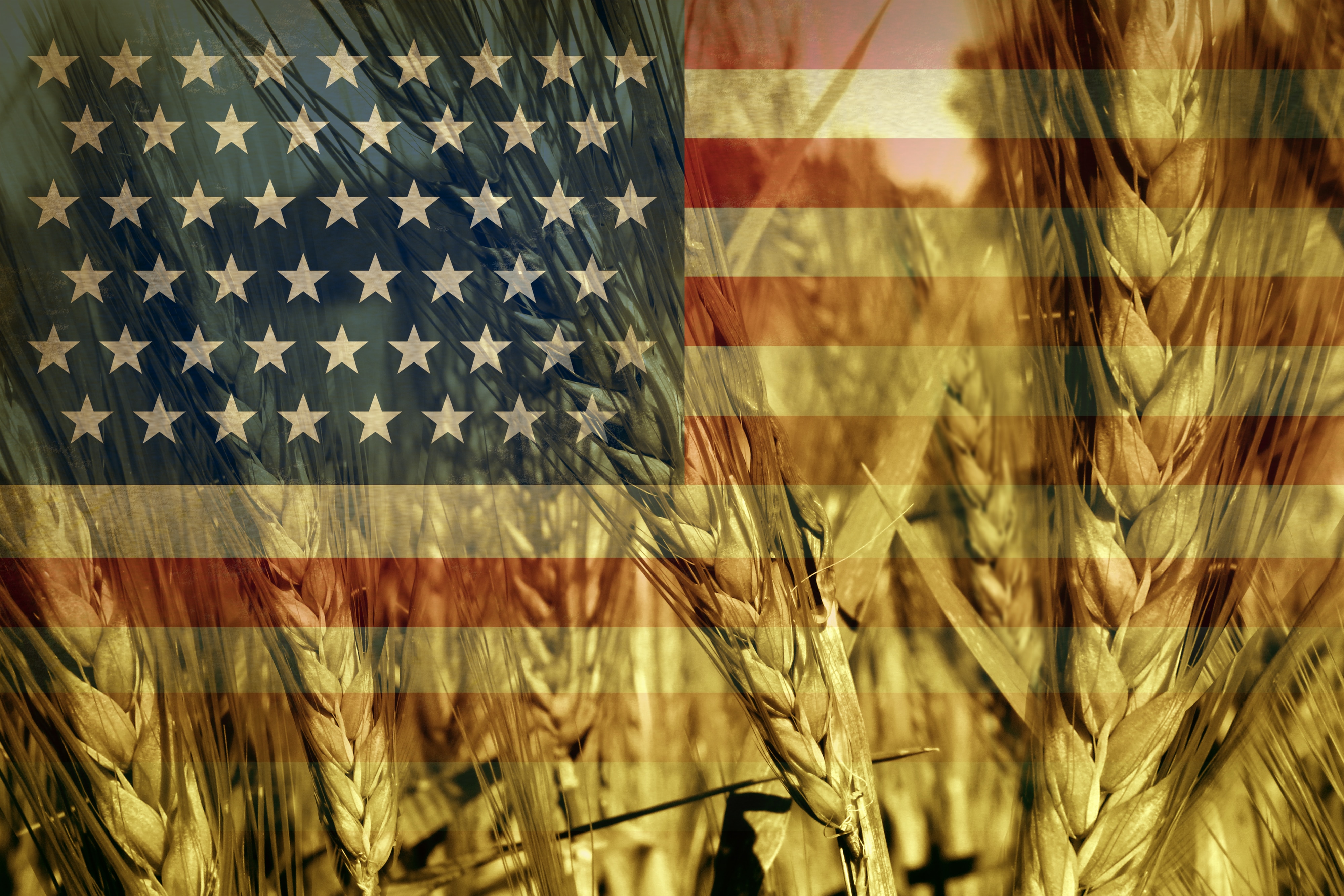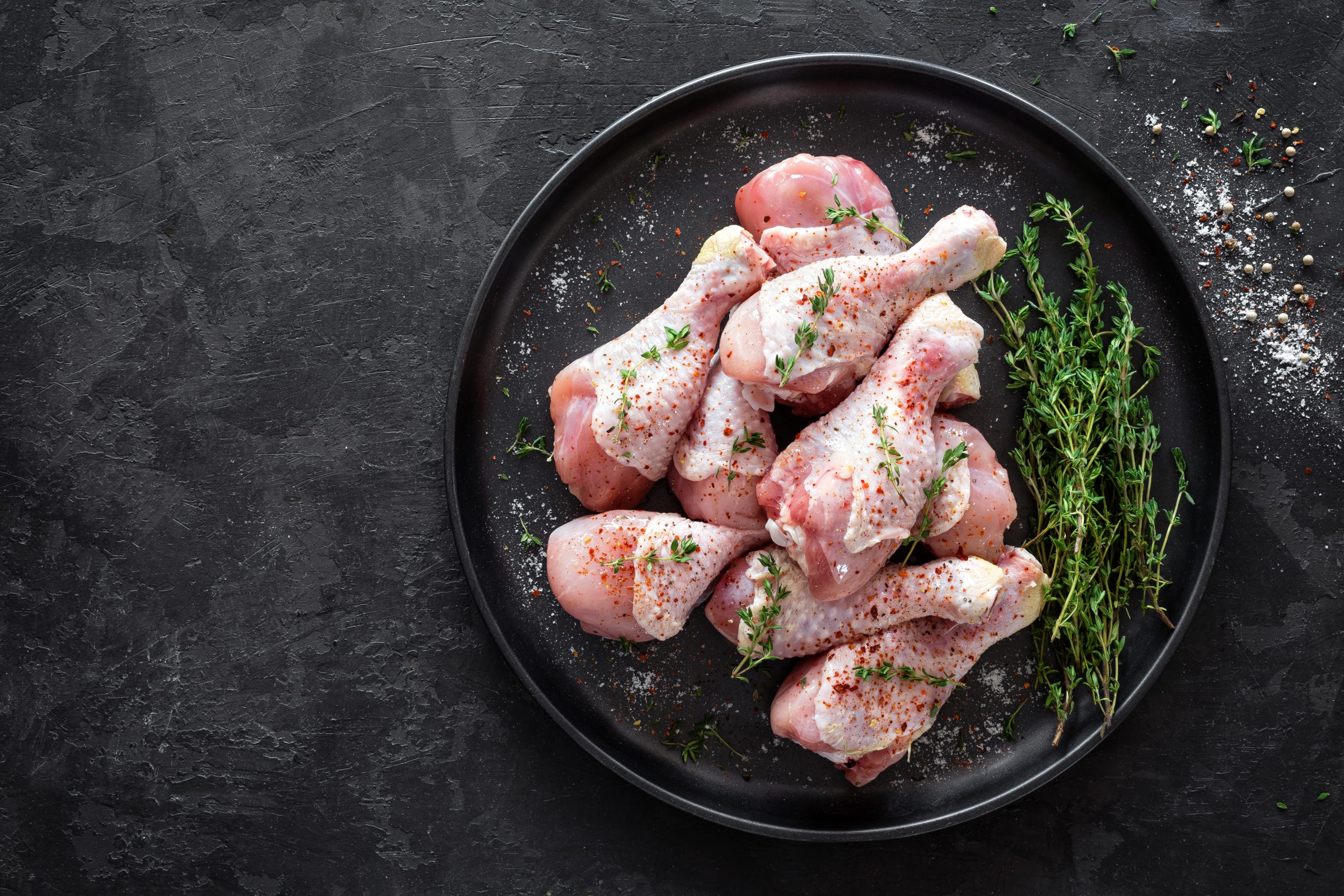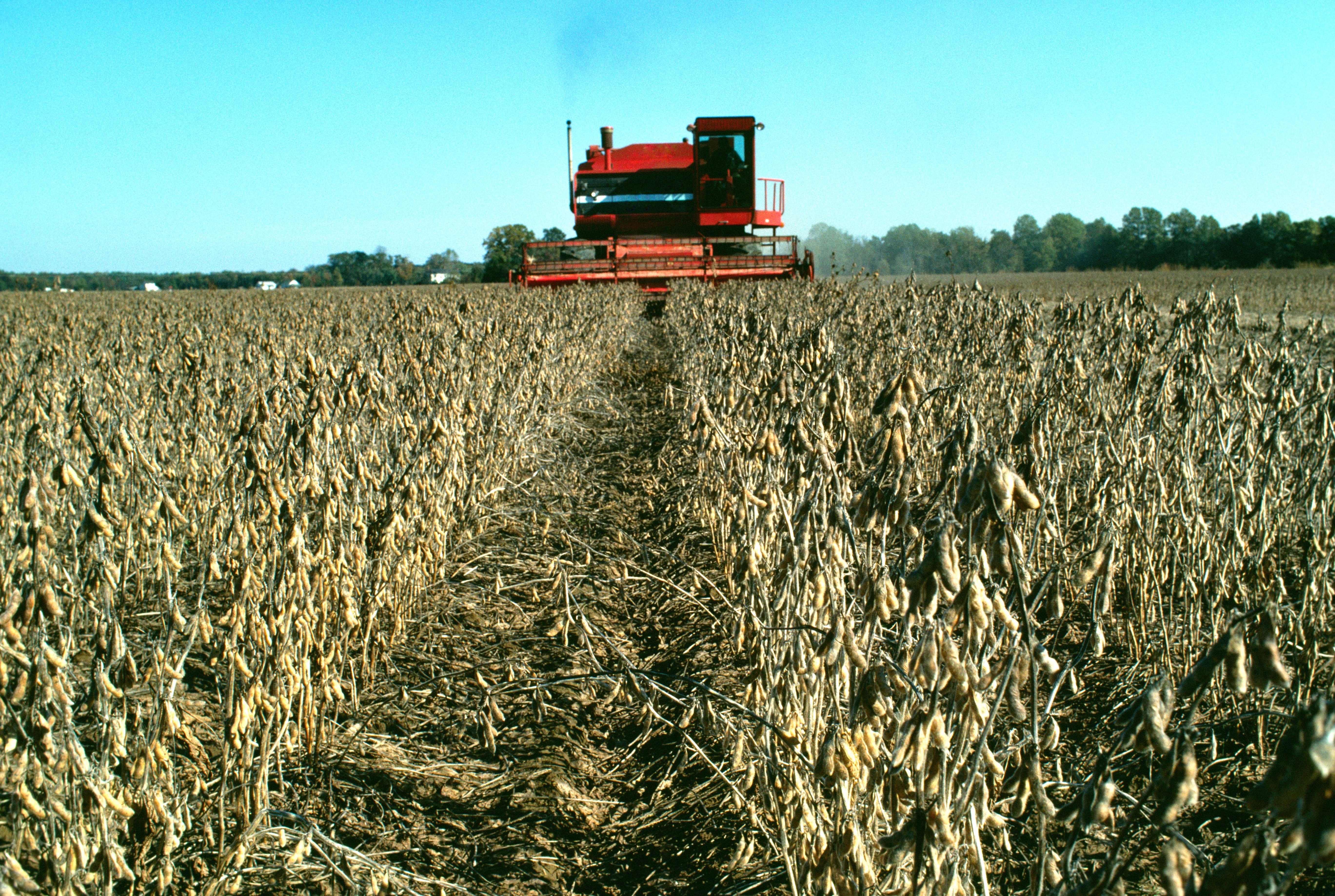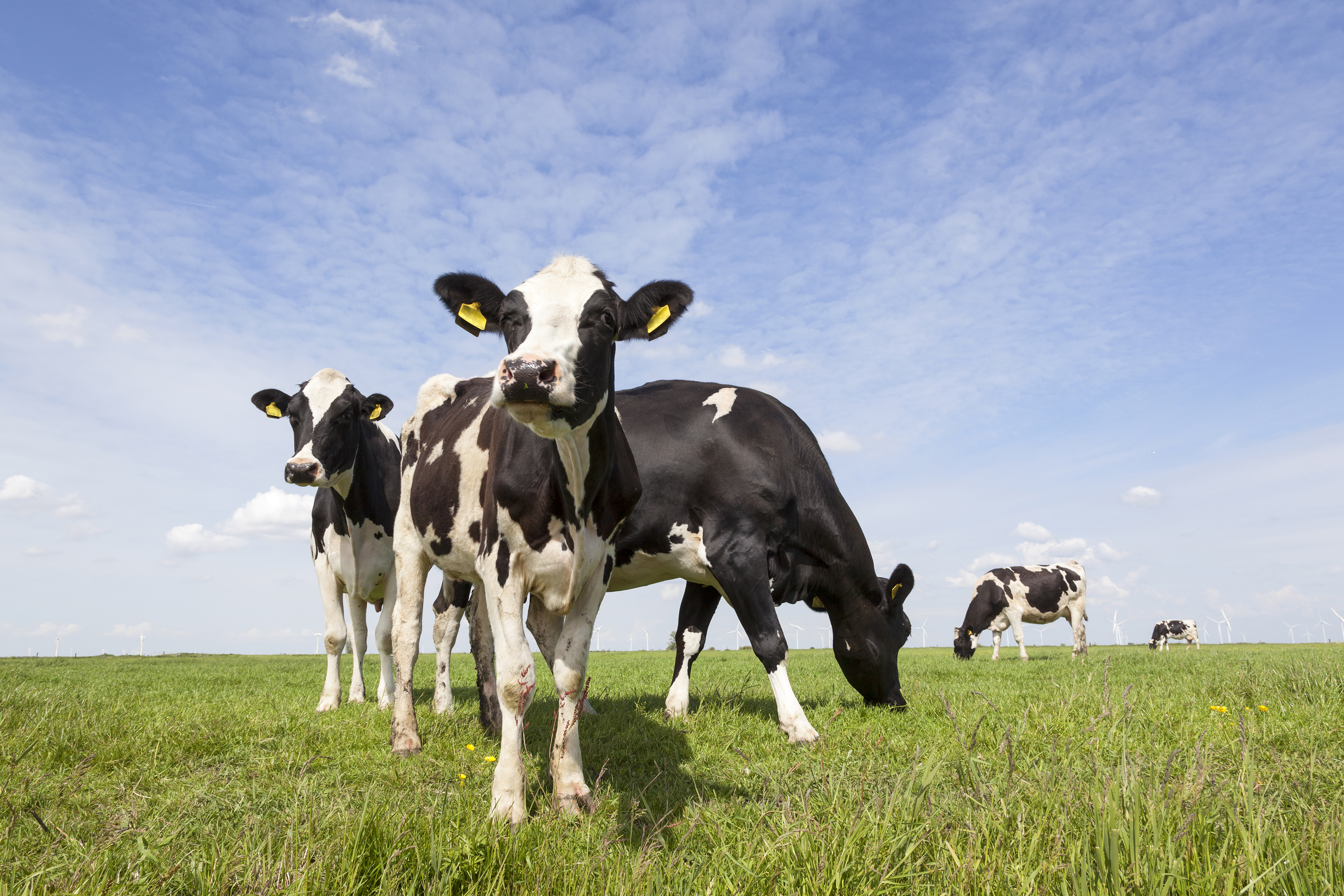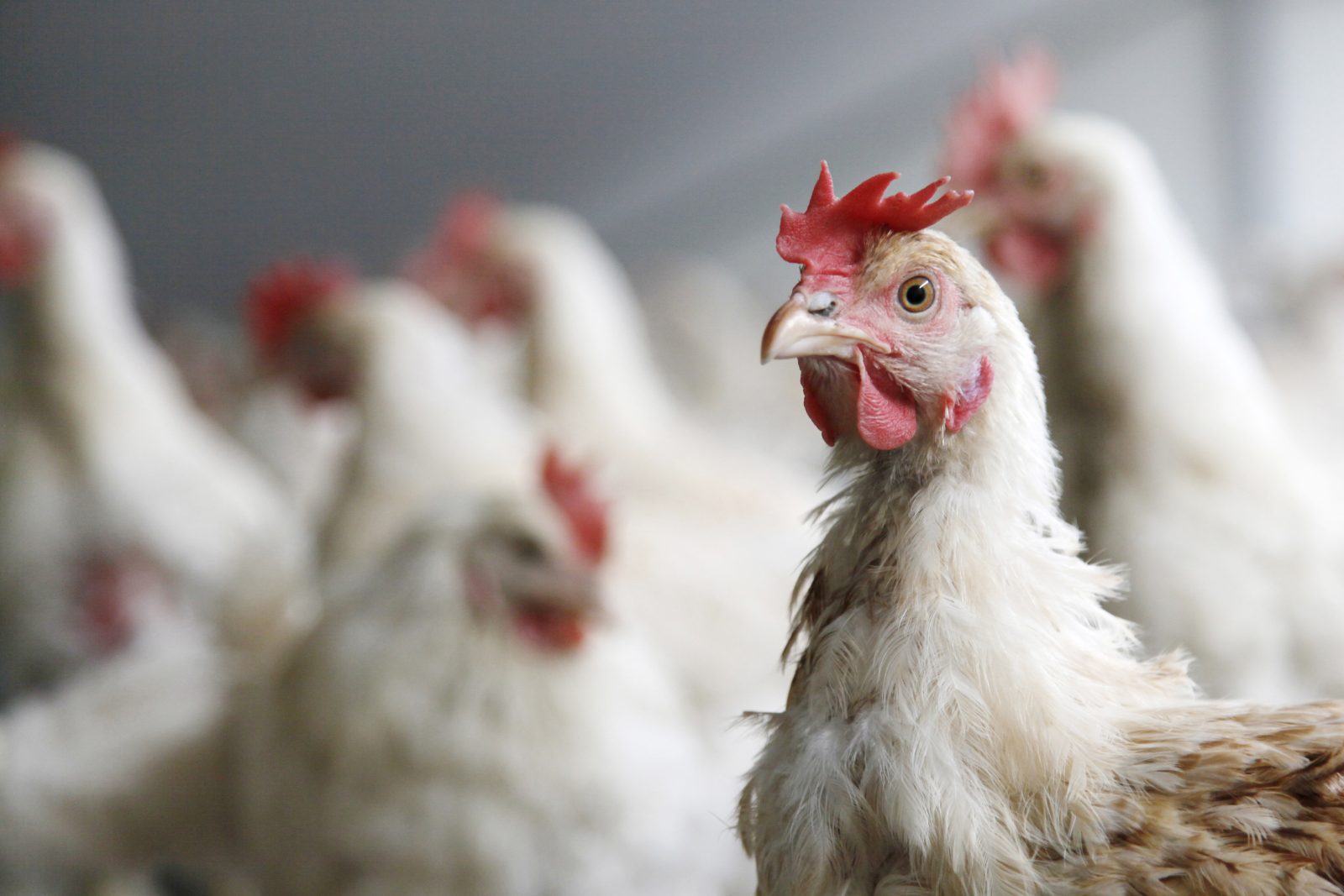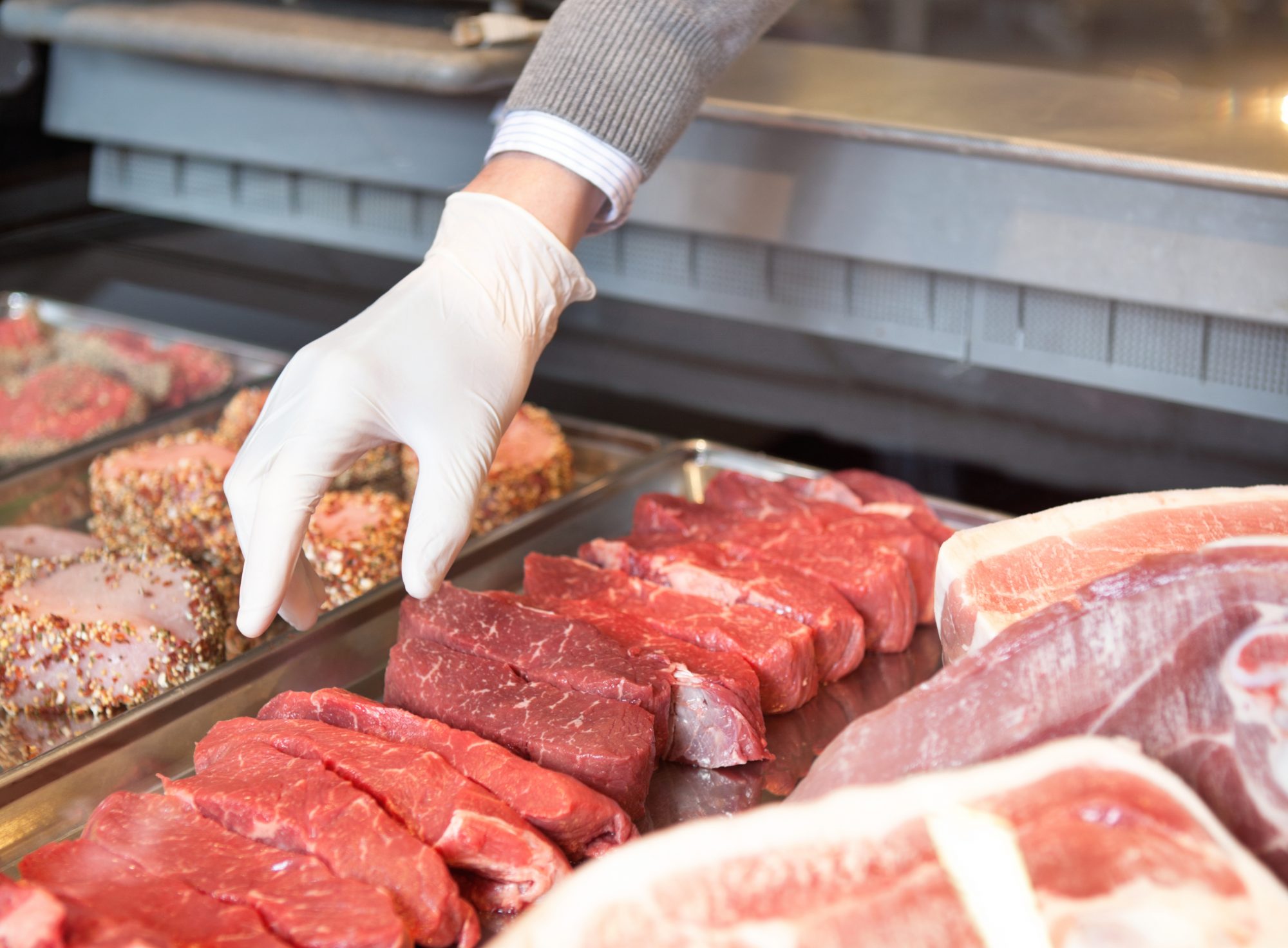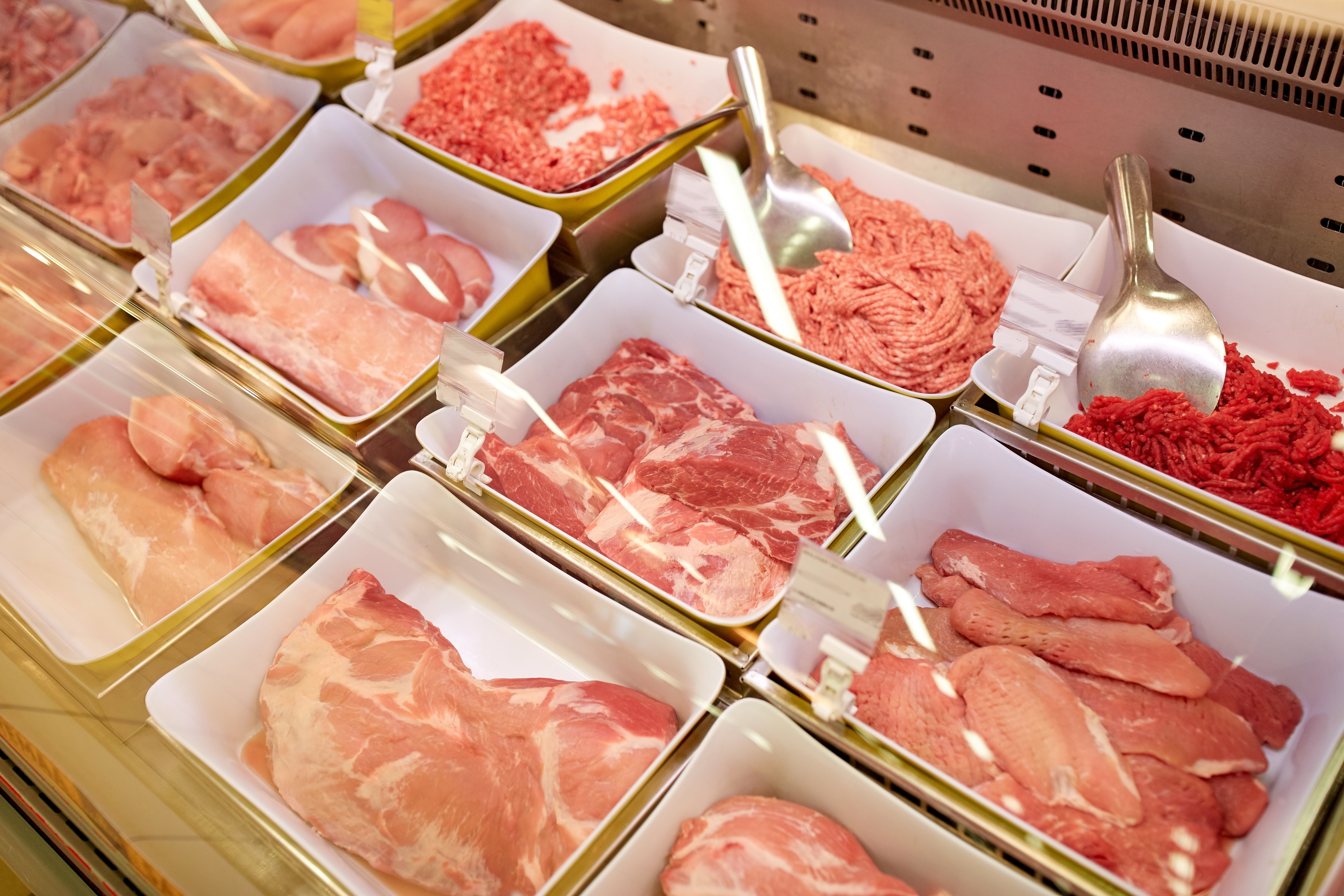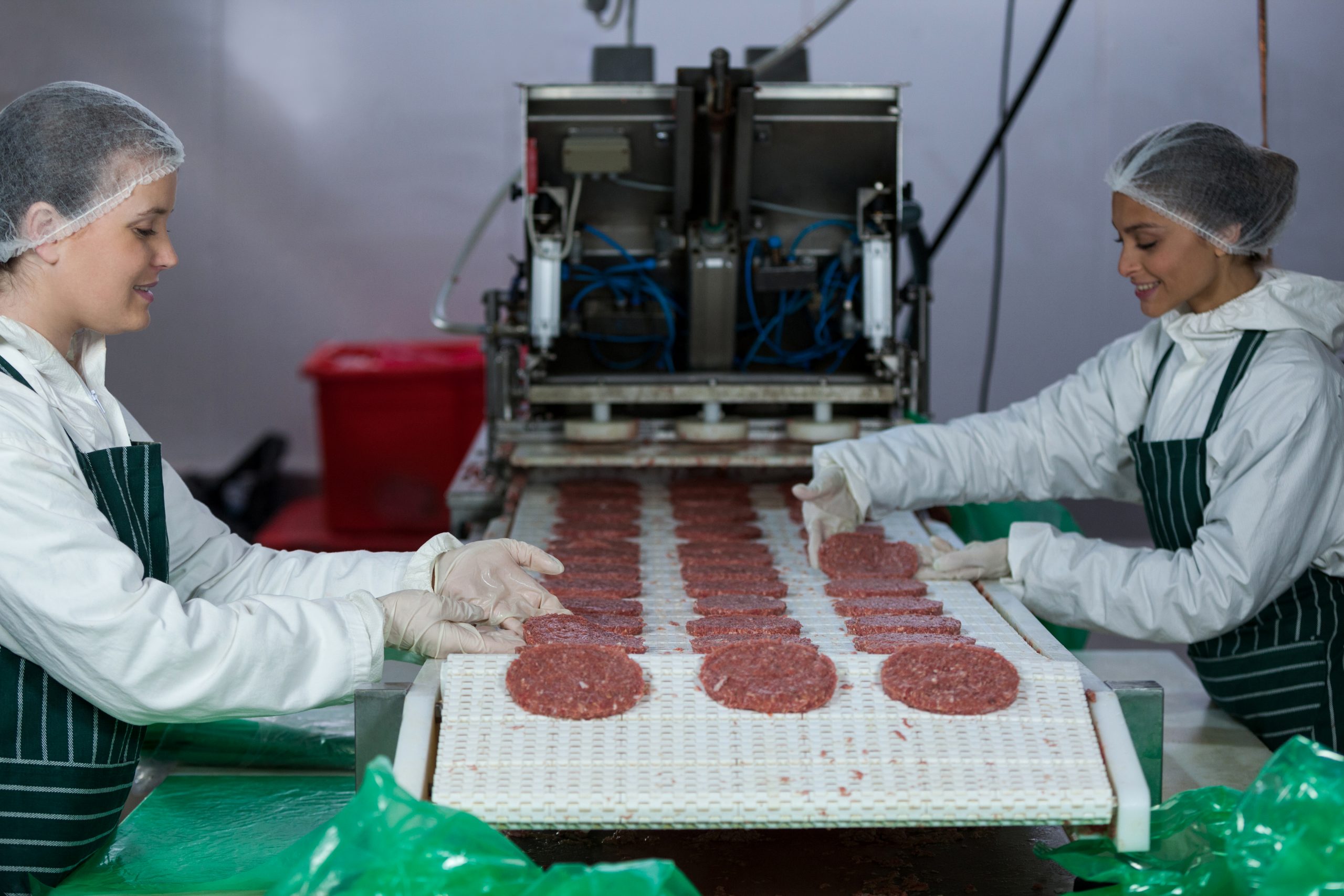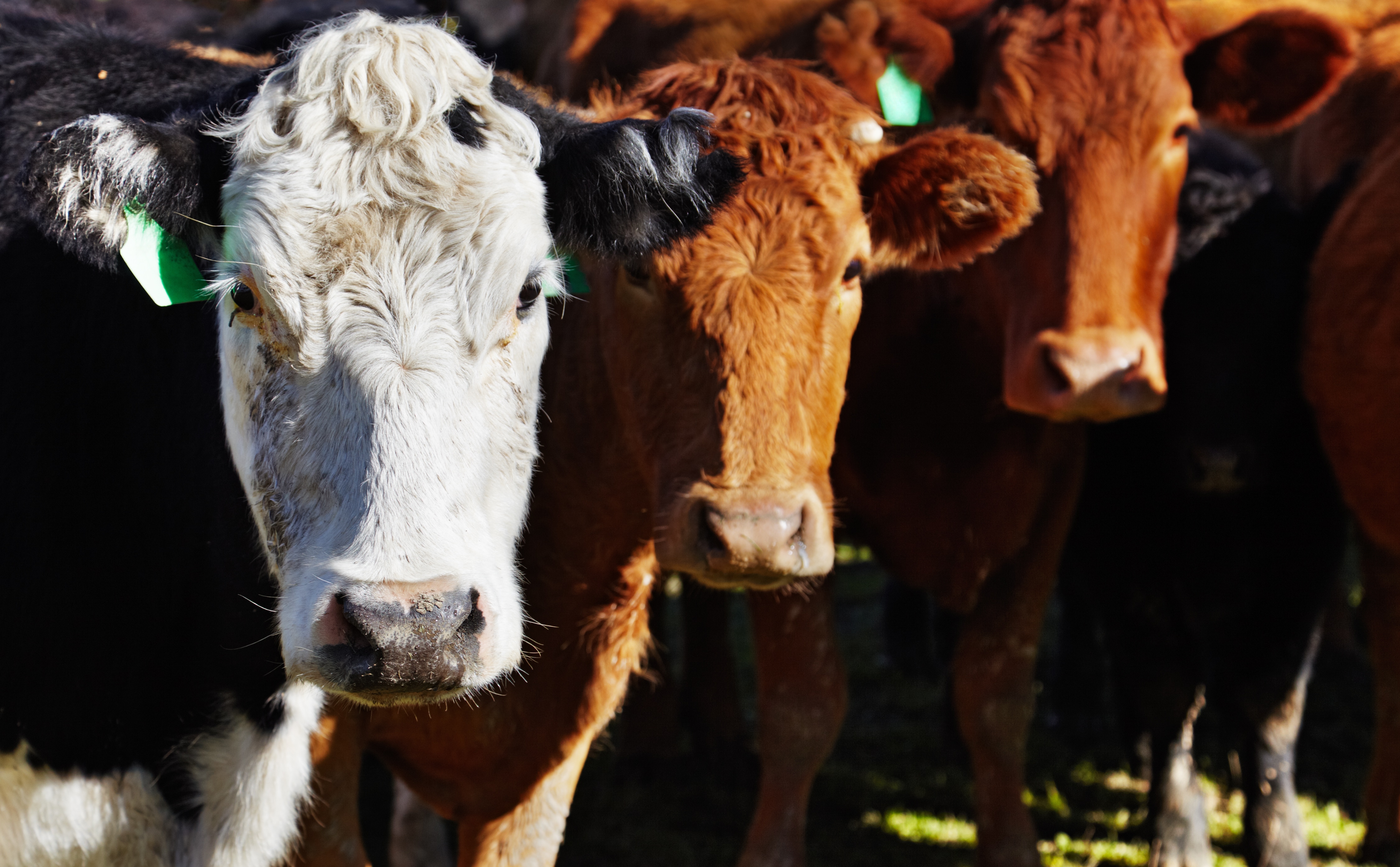Senate Ag Committee Approves Vilsack Confirmation for USDA
Tom Vilsack enjoyed bipartisan support in his Senate Agriculture Committee confirmation hearing Tuesday as he seeks to return to USDA. The committee voted unanimously to recommend his confirmation as USDA Secretary to the full Senate.
Vilsack noted the unusual date of his confirmation hearing paired with his return to the agency he helmed for all eight years of Barrack Obama’s administration.
“It's not lost on me, ironically, that this is Groundhog's Day, and I realized that I'm back again,” Vilsack observed. “But I also realized that this is a fundamentally different time, and I am a different person, and it is a different department, and I think we have to recognize that going into this process.”
Vilsack appeared via video conference following COVID-19 restrictions, and the hearing was jointly chaired by Sen. Debbie Stabenow (D-Mich.) and John Boozman (R-Ark.) as the Senate has not yet approved rules for operating under a 50-50 split.
Vilsack addressed a broad range of issues during the hearing from coronavirus and climate change to Country of Origin Labeling (COOL) and biofuels. Following are key quotes from Vilsack from the hearing on key agricultural issues:
Coronavirus recovery: “Clearly, COVID is on the minds of everyone, as it should be, and the Department of Agriculture has responsibility to aggressively promote the nutrition assistance that you all have provided, and they have begun to do that in the last week, 10 days. We also have to review the additional relief that's been ordered by Congress and try to get that into the hands of farmers, ranchers, producers and those in rural America as quickly, as efficiently, as effectively as possible. We need to make sure that our workers are essential workers on the line in the farm fields in processing facilities and alike are protected and recognized as the essential workers they are. And we certainly need to work collaboratively with Congress and others to build back the real economy in better shape than it was before the COVID crisis.”
Addressing climate change: Vilsack said a number of climate priorities included in a bill sponsored by Stabenow and Sen. Mike Braun (R-Ind.) could be implemented administratively.
“For example, putting together an advisory group of farmers that would give us a better understanding and appreciation of how to structure a carbon sequestration or carbon bank effort, making sure that we can, in fact, accurately measure and quantify the results that can be obtained by farmers. Making sure that the benefits of whatever program we devise and develop accrue to the benefit of farmers and not necessarily to third parties. Making sure that we promote the development of ecosystem markets to create those revenue sources for farmers. Making sure that our conservation programs are structured and designed in a way that encourage and incent the kinds of activities we know make a difference. Our soil is precious, we need to make sure we're investing in soil health, and we also frankly need to up our game on research. There are ways in which root systems of crops can potentially be designed in a way that will sequester more carbon. We ought to be exploring that, we ought to be looking at ways in which we can increase market opportunities for greater storage. I think agriculture is probably the first and best way to begin getting some wins in this climate area. I think, farmers are prepared for it, farmers are anxious to do it, if it's voluntary, if it's market based, if it's incentive based. I think you will see farmers, ranchers and producers cooperate extensively.”
On discrimination and equity of access: "We need to fully, deeply and completely address the long standing inequities, unfairness and discrimination that has been the history of USDA programs for far too long to a future where all are treated equitably and fairly, where there is zero tolerance for discrimination, where programs actually open up opportunity for all who need help and lift the burden of persistent poverty for those most in need."
On using the Commodity Credit Corporation (CCC) to fund climate initiatives: “The first responsibility of the Commodity Credit Corporation is to make sure that the Farm Bill programs are adequately, fully and kindly funded. Having said that, to the extent that that vehicle is available without compromising the ability to fund the Farm Bill programs, it is a great tool for us to create the kind of structure that will inform future farm bills about what will encourage carbon sequestration, what will encourage precision agriculture, what will encourage soil health and regenerative agricultural practices. And to that extent to the extent that there are resources available, I would hope that you all would provide me the opportunity to utilize that in a way, again, that doesn't compromise the Farm Bill programs, but advances and creates additional markets. Secretary Purdue had great flexibility, appropriately so, under the current COVID situation, I would ask for the opportunity to use that flexibility appropriately, effectively and smartly to create the opportunity for you as you put together the next farm bill to understand what works and what would be helpful in terms of programs.”
Biofuels: “We need to have the USDA Secretary work closely with his or her partner at EPA to make sure that folks at EPA fully understand or appreciate the benefits of this industry in terms of jobs, in terms of the environment, in terms of lifecycle analysis. This industry has made great strides in becoming much more environmentally friendly than it was at the beginning, and sometimes I fear that we were still working off of old research. New research would indicate that this is an industry that is providing environmental benefits: cleaner air, for example. And making sure that as they make decisions relative to the Renewable Fuel Standard that they are consistent, that they are consistent with the rule, they're consistent with the law. The waiver system was designed for small refineries that were having trouble and difficulty. It was not designed for large scale refineries that are owned by Exxon and Chevron to receive a waiver. So I would hope, and will certainly strongly urge EPA to go back to a day when those waivers are very, very, very infrequently granted. And then finally I think there's a way in which we can utilize USDA resources, and work with Congress to increase those resources, to build out the infrastructure to make it easier for higher blends to be available to consumers. Why? Because at the end of the day, consumers benefit. They have less expensive fuel, they have a cleaner burning fuel, they have a fuel that's better for the environment.”
On Coronavirus Food Assistance Program funds currently being reviewed by the administration: “I hope that you understand and appreciate the fact that any new administration needs to have an opportunity to fully understand or appreciate exactly what is taking place with reference to what commitments have been made, what commitments have already been embraced. We just simply need time to have a better understanding of where that is. It is not designed for anything other than to give me, if I'm confirmed, a better sense of that program. Obviously, we're going to follow the directives of Congress, I mean that’s reasonable and appropriate and that's the way it should operate. I would say that we are going to continue to look for ways in which the tools that USDA has can be utilized in the best possible way to provide the assistance that people need to help build the economy back better, to expand opportunities when and if that presents itself, but if there's directive from Congress will obviously follow it.”
Livestock price transparency: “There’s no question we need to strengthen the laws that are designed to create more openness and more transparency and more price discovery. No question about that. But that's not enough. I think we need alternative processing opportunities, not just from the competitive standpoint but also from a resilience standpoint. We found that when one or two processing facilities shut down during COVID, that it just created havoc in the market. We can't have that. We have to have a more resilient food system and that, in my view, requires us to look at ways in which we can incent and encourage more processing facilities.”
On Country of Origin Labeling: “We [the Obama Administration] made every concerted effort to try to create better transparency, better information for consumers, because we understand and appreciate that consumers want to know where their food comes from. They want to know when they're buying U.S. or when they're buying something from someplace else. We attempted on three occasions to sort of strengthen the Country of Origin Labeling, unsuccessfully because of the WTO challenges by our Canadian friends, which would have resulted obviously in retaliation. I am absolutely willing to listen to anybody and everybody who's got an idea about how we can circumvent, or how we can get to a point where the WTO doesn't necessarily slap it down. That creates retaliatory impacts on American agriculture. I'm frank to say I need help in that respect. We can ignore the WTO, but then we’ve got the retaliation and then, you know, that's just not a good thing.”
